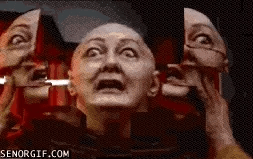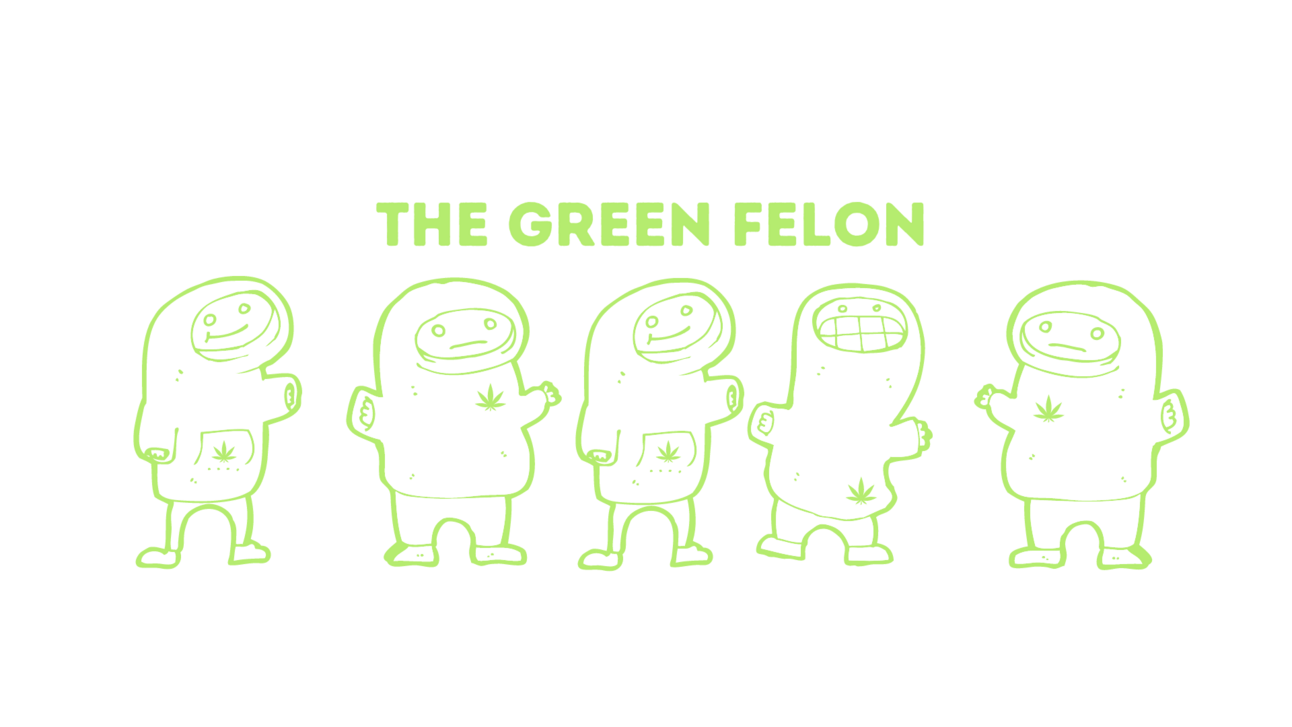
News 📧 Highlights:
Cannabis 🍐 Use and REM Sleep Suppression: Research 🖇️ indicates that THC, the primary psychoactive compound in cannabis 🌳, can suppress REM sleep, leading to fewer and less vivid dreams. However, upon cessation, users often experience a phenomenon known as REM 👁🗨 rebound, characterized by intensified and memorable dreams ⚪. https://www.medwellhealth.net
Vivid 🌈 Dreams During Cannabis Withdrawal: Many individuals 💁🏾♂️ report experiencing exceptionally vivid and sometimes distressing dreams 💭 after stopping regular cannabis 🌴 use, attributed to the body's adjustment to the absence of THC 🌵. Zamnesia
Anecdotal Reports 🗓️ from Users: Many cannabis users share personal experiences of altered dream 🗯 patterns, noting a lack of dream recall during periods of use and a resurgence of vivid ☀️ dreams during abstinence. medwellhealth.net

Quick Read 🔖:
THC and REM Sleep Suppression 🧿 – The psychoactive compound in cannabis, THC, diminishes REM sleep 🙇🏻♀️, reducing the likelihood of experiencing vivid 💃🏽 dreams. This disruption impairs dream recall and alters sleep architecture 📐, which is pivotal for cognitive processing.
The REM Rebound Effect 🧞♂️ – When cannabis consumption ceases, the brain undergoes REM rebound 🏀, leading to an inundation of hyper-vivid, surreal dreams. This resurgence of intense dreaming 🙇♂️ can feel overwhelming, akin to an overcompensating neurological reset ♻️.
CBD’s Impact 💮 on Dream Recall – Unlike THC, CBD does not suppress REM sleep; instead, it may enhance dream 🙇🏼♀️ recall and cognitive retention. This distinction suggests that CBD 🎄 could provide restorative sleep 🙇🏻♂️ benefits without diminishing the richness of dream activity.
Lucid Dreaming and Cannabis Tolerance Breaks 🔮 – Some individuals experience an upsurge in lucid dreaming 🛖 when abstaining from cannabis due to the brain’s recalibration of neurotransmitters 🖲. Terpenes such as myrcene and pinene may modulate these effects, though scientific 🧲 validation remains limited.
The Duality of Nightmare Suppression 🚷 – Cannabis, particularly THC-heavy strains, is often utilized as a means of mitigating PTSD-induced nightmares 🧌. However, chronic REM suppression ⤵️ may lead to an emotional bottleneck, causing a resurgence of distressing dreams 🔘 upon cessation.

Can Weed 🥀 Make Dreams More Vivid?
Marijuana enthusiasts 👩🏻🎤 often report surreal, hyper-lucid dreams 🎪 when they take a break from cannabis use. Is this just anecdotal folklore 📚, or does science support the idea that cannabis influences dream intensity❓
To answer that ✅, we need to explore how cannabis interacts with sleep cycles ⏳. The brain doesn’t just "shut down" during sleep 😵💫—it cycles through different phases, including REM (rapid eye movement) sleep, the stage most associated with dreaming 🛸. THC, the psychoactive compound in marijuana, has been found to suppress ⬇️ REM sleep, meaning that frequent cannabis users often experience fewer dreams ⛅ during their slumber.
However, when someone stops consuming 💋 THC, their REM sleep 🙇🏼♂️ rebounds—often dramatically. This is called "REM rebound effect," which can lead to an explosion of bizarre, cinematic dreams 🎭. Some users describe these post-cannabis dreams as nightmarishly intense 👺, while others experience a renaissance of colorful, story-like dreams 🖼️.

Cannabinoids 🆚 Dream Recall
One reason why cannabis users report dull or absent dreams 🙇🏽♀️ while using THC is that memory formation 🧩 is deeply connected to REM sleep. Since THC reduces time spent in this sleep phase, it can impair the brain's ability to recall dreams 🏺. This means that even if you do dream while under the influence, you may not remember it when you wake up 🤷♂️.
CBD 🐢, however, appears to have the opposite effect. Unlike THC, cannabidiol doesn't suppress REM sleep 🛏️; some research suggests it may even enhance dream recall 🎥. This is particularly interesting for those using cannabis for sleep disorders, as it presents a nuanced choice: THC may promote deep sleep 🏕️, while CBD could encourage more vivid and memorable dreams 📝.
Many people who stop using marijuana experience an increase in vivid dreams or lucid dreaming."
The Strange Case 🗂️ of Lucid Dreaming
Some cannabis 🏝️ users report an increase in lucid dreaming 🎩—a state where the dreamer is aware they are dreaming and can control the dream environment 🎮—when they take tolerance breaks. This phenomenon occurs because REM sleep 🙇🏽♂️ returns with full force 🤜🏼, often leading to prolonged, hyper-realistic dreams 🎠.
Interestingly, certain strains 🟢 of cannabis with specific terpene profiles 🪵 (like myrcene and pinene) may have different effects on sleep architecture 🏗️. Some users claim that sativa-dominant strains promote abstract, more story-driven dreams 🏰, while indica strains tend to suppress dreaming altogether 🦥. However, these claims remain largely anecdotal, as scientific studies 🔩 on strain-specific dream effects are limited.

Nightmare Suppression or Emotional Bottleneck? 👹
For those who suffer from PTSD and night terrors 🦇, cannabis has been used as a tool to suppress traumatic dreams 🛑. Studies suggest that THC reduces the occurrence of nightmares in individuals with PTSD by disrupting 💔 REM sleep. While this can provide temporary relief, some researchers argue that it might be a double-edged sword 🗡️.
Why? Because REM sleep 🙇🏾♀️ is crucial for emotional processing. By consistently suppressing REM cycles, long-term cannabis use might delay emotional 💩 resolution, potentially creating a backlog of unresolved feelings. If cannabis ✳️ is suddenly removed from the equation, the emotional floodgates 💧 can burst open, resulting in a barrage of intense, hyper-vivid nightmares 🕸.

Can Weed 💚 Make Dreams More Vivid?
The answer is both yes ☑️ and no ❌. While chronic THC use can dull dream recall and reduce REM sleep 🙇🏿♂️, taking a break from cannabis can trigger dream intensity 🎇 like never before. Additionally, those who primarily use CBD 🦚 may experience richer, more memorable dreams 🏜️, as it doesn’t interfere with REM cycles the way THC does.
If you’re someone who enjoys 💟 the surreal landscape of dreams, experimenting with different cannabinoid ratios might yield interesting results 🧪. On the other hand, if you use cannabis as a sleep aid, you may have to weigh the trade-off between deep, restful sleep 🏯 and the Technicolor world of wild, cinematic dreams 🌠.
But here’s the ultimate question—if dreams 🙇🏿♀️ are a reflection of the subconscious mind 🤯, how much of what we dream is truly ours, and how much is simply the byproduct of chemical ❄️ influence?
🤟🏾 Own The Day 🌅

The information provided in this newsletter is for informational purposes only and does not constitute medical, legal, or professional advice. Always consult with a qualified professional before making any decisions based on the content shared here.

